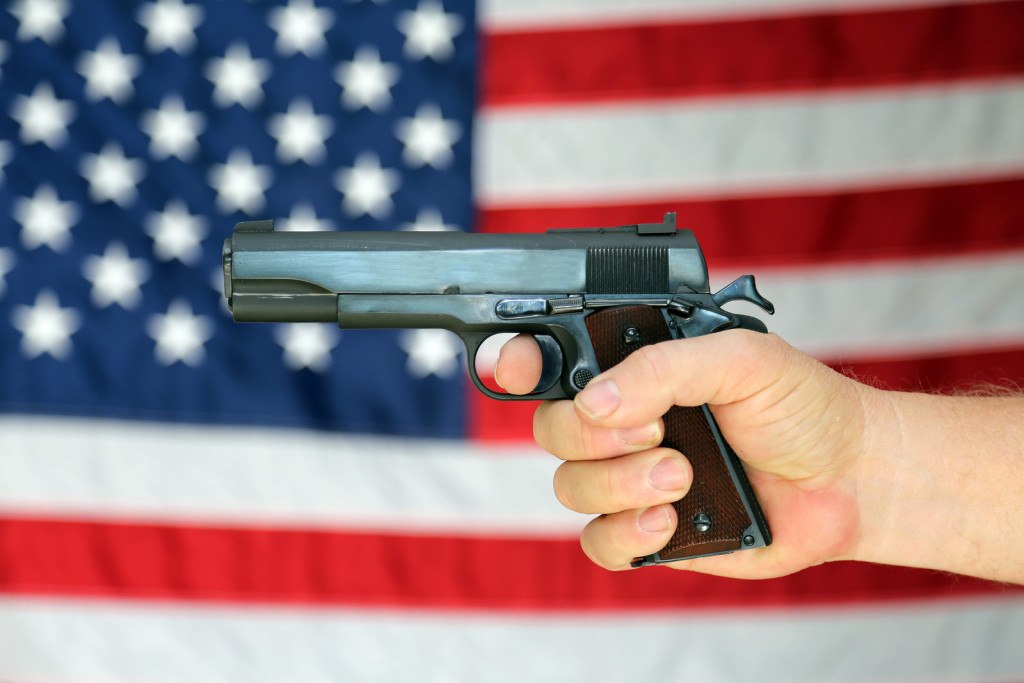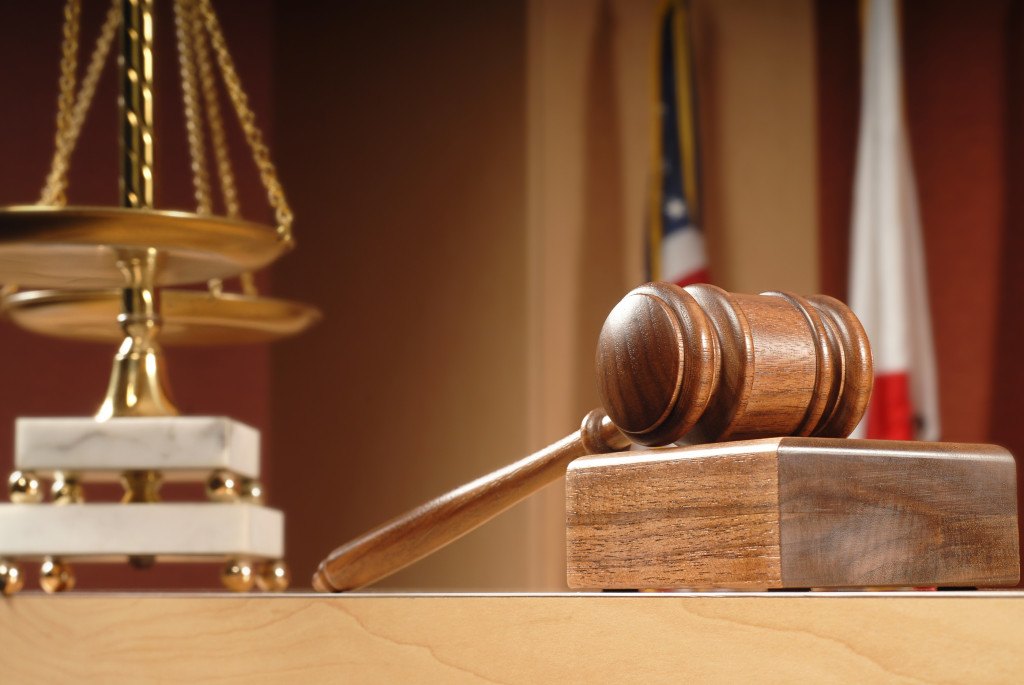Often ranked as one of the worst states for gun ownership, New Jersey has long held a reputation for cracking down hard on gun crimes. In recent years, New Jersey’s gun laws were further fortified by legislation known as the Graves Act, which is codified at N.J.S.A. § 2C:43-6. If one of your family members was arrested for weapons crimes in Atlantic City, he or she could be facing a lengthy prison term – without the possibility of parole. In this article, our Atlantic County gun crime lawyers will explain the basics defendants and their loved ones need to know about the Graves Act, including which offenses are covered and how sentencing is affected.
Which Types of Weapons Crimes Does the NJ Graves Act Apply To?
Until 2008, the Graves Act was only relevant to cases where:
- A defendant was convicted of possessing or using a firearm while committing other crimes.
- Under New Jersey’s legal definition, the term “firearm” means “any handgun, rifle, shotgun, machine gun, assault firearm, automatic or semi-automatic rifle,” or any other gun capable of ejecting pellets, bullets, or other projectiles. Air guns are also considered firearms under this definition.
- A defendant was convicted of possession of a firearm for unlawful purposes, a felony or “indictable crime” which is described under N.J.S.A. § 2C:39-4(c).

That year, however, the Graves Act was expanded to encompass a wider variety of gun crimes, including the following:
- J.S.A. § 2C:39-3 – Prohibited Weapons and Devices (e.g. possession of a sawed-off shotgun, possession of a defaced gun)
- J.S.A. § 2C:39-4 – Possession of Weapons for Unlawful Purposes
- J.S.A. § 2C:39-5 – Unlawful Possession of a Weapon
- J.S.A. § 2C:39-7 – Certain Persons Not to Have Weapons (e.g. possessing a weapon after being convicted of arson, robbery, burglary, aggravated assault, sexual assault, aggravated sexual assault, homicide, endangering the welfare of a child, kidnapping)
- J.S.A. § 2C:39-9 – Manufacture, Transport, Disposition, and Defacement of a Firearm
In some cases, the Act applies only to select portions of the statute governing the offense. To use unlawful possession of weapons as an example, the Graves Act applies specifically to N.J.S.A. § 2C:39-5(a), (b), and (c), pertaining respectively to machine guns, handguns, rifles, and shotguns. If one of your loved ones was charged with a weapons crime in New Jersey, a weapons crime attorney can help you understand whether his or her case could be affected by the Graves Act.
How Long is the Mandatory Minimum Sentence without the Possibility of Parole?
The Graves Act does not require all offenders to serve the same, uniform number of months or years. Instead, it makes defendants ineligible for parole, which is the early, conditional release from prison, for a certain period of time, which can vary depending on the length of the offender’s sentence. Under the Graves Act, convicted offenders must receive a sentence with a minimum period of parole ineligibility set at one of the following durations, whichever is greatest:
- One third of the sentence.
- One half of the sentence.
- At least three years.
- At least 18 months, in cases involving fourth degree crimes.
Let’s apply a real-world example to provide a clearer picture of how this system works.
In New Jersey, crimes of the second degree carry a prison sentence ranging anywhere from five to 10 years, depending on specific factors involved in the offense (e.g. committing a crime while on school property). If a defendant was sentenced to the maximum term of 10 years for a gun crime covered by the Graves Act, he or she would be ineligible for parole for half of his or her sentence, which in this example works out to be the greatest period of time among the possible time periods noted above. (In this example, one third of the sentence is 40 months of parole ineligibility, one half of the sentence is five years of parole ineligibility, and the final possibility is three years of parole ineligibility.)

If one of your loved ones was arrested for weapons crimes in Cape May County, Atlantic County, or the surrounding counties, it is critical that you seek help from an experienced defense lawyer as soon as possible. If your loved one is convicted, he or she could be incarcerated for months or even years without the possibility of parole.
A knowledgeable Atlantic City criminal defense lawyer at the Law Offices of John J. Zarych have successfully handled numerous cases involving complex felony weapons charges in New Jersey. Call us today at (609) 616-4956 to start exploring your family’s legal options in a free and completely private consultation. Se habla español.







